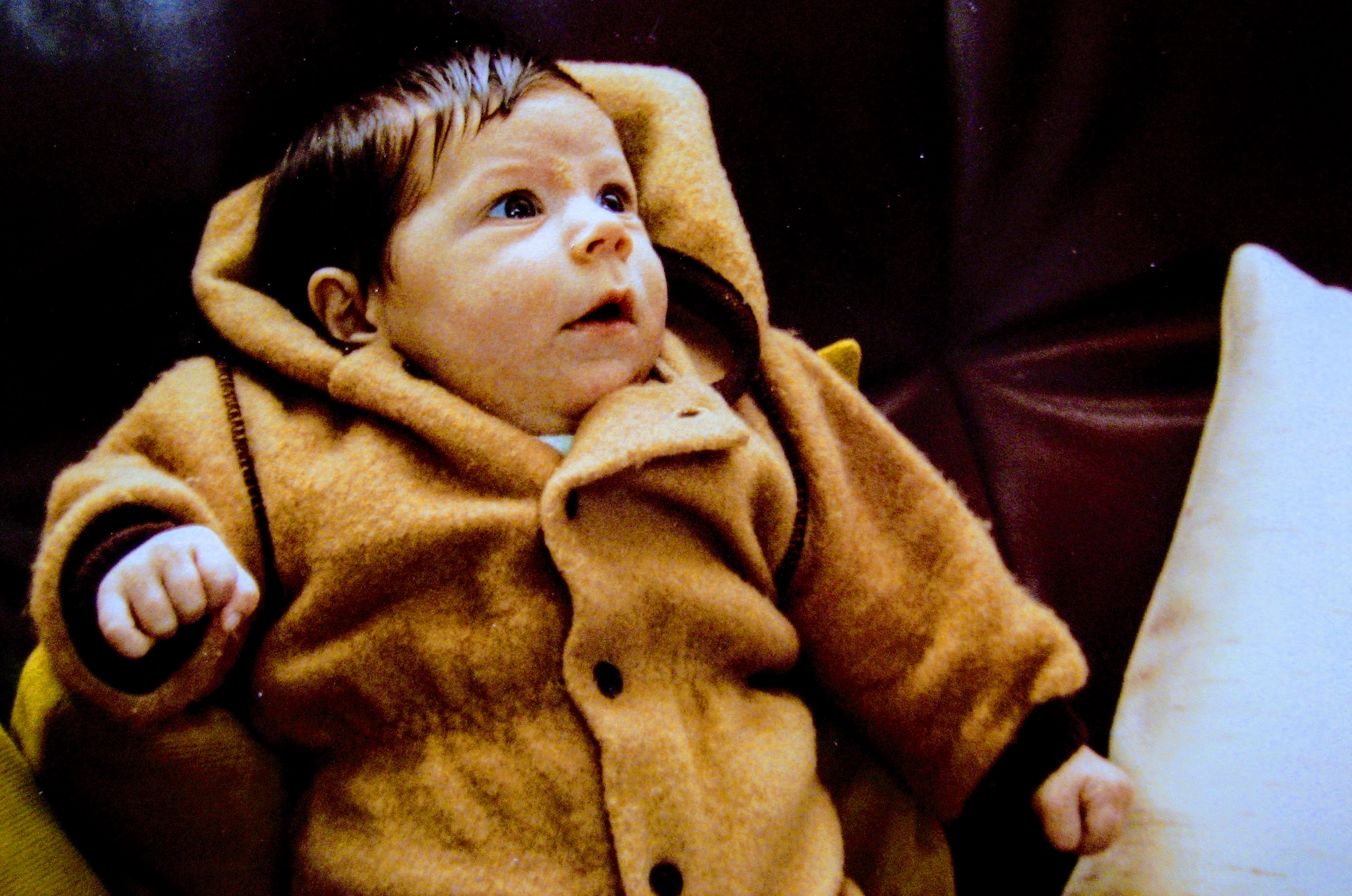For Sir David Attenborough, nine-month-old babies are the most amazing creatures on earth. Tanith Carey explains why infants’ development is so incredible.
Babies are experts at making you love them
According to scientists, evolution designed infants to capture our hearts, a big advantage when you are so little and vulnerable.
Babies have superhero senses
Among other remarkable aptitudes, infants recognize and prefer the taste of their mother’s milk above any other food, another capital advantage for survival.
Babies grow incredibly fast
During their first years, humans increase in size much faster than in any other period of their life. During the first nine months, a baby’s brain almost doubles in weight, reaching about 50% of its full adult size.
Babies are gifted mimics
Since a fetus’ hearing starts developing at about six months, at birth infants are already tuned into the specific languages and accents they’ve heard for months in the womb.
Babies have winning smiles
Almost all adults – and parents in particular – love a smiley baby. By the age of nine months, smiling is the better way for infants to let us know they are feeling well.
Babies have amazing memories for faces
Nine-month-old infants don’t have any difficulty recognizing people they know from a crowd.
Babies are budding physicists
Babies can understand some rudiments of physics before their first birthday.
Babies know right from wrong
Many people assume children have to learn the differences between good and bad behavior. In fact, infants seem to know a lot about it from birth. Nine-month babies are able to distinguish people they know and trust from potentially dangerous strangers.
Babies have more bones
Did you know that a baby has 100 more bones than a grown-up?
Babies swim like fishes
It’s not surprising that, after nine months of floating in fluid in their mother’s belly, infants are so at ease in water and have great competencies for swimming from their very first days.

Picture: Baby Alan (ChildUp.com)


